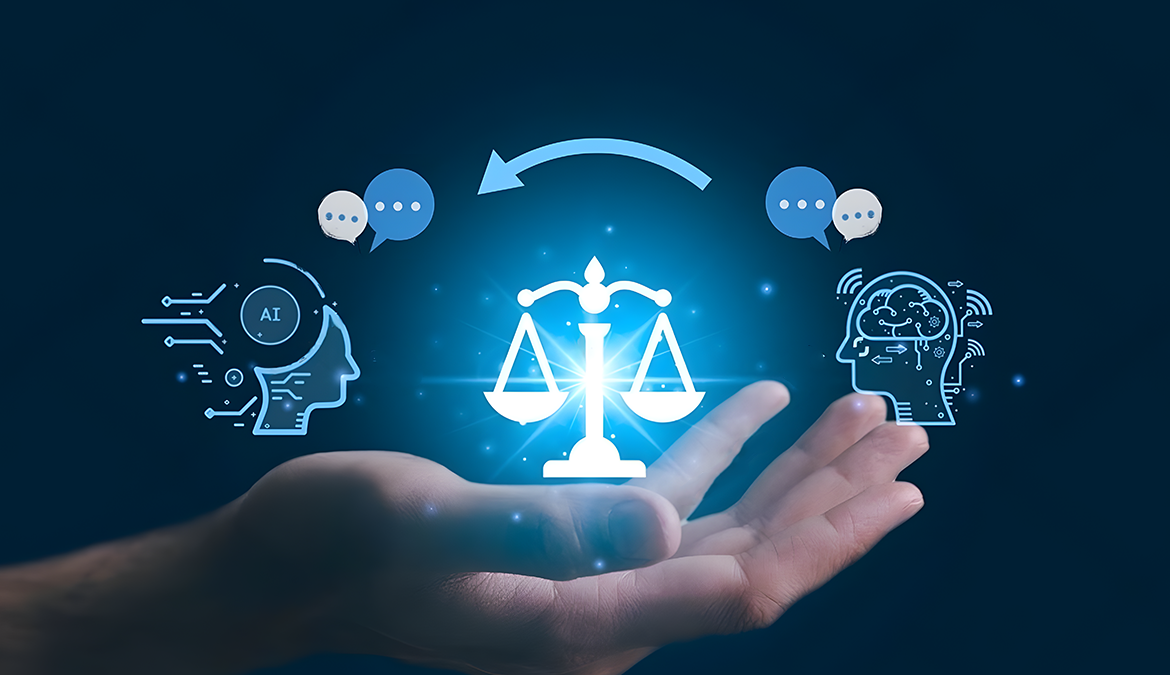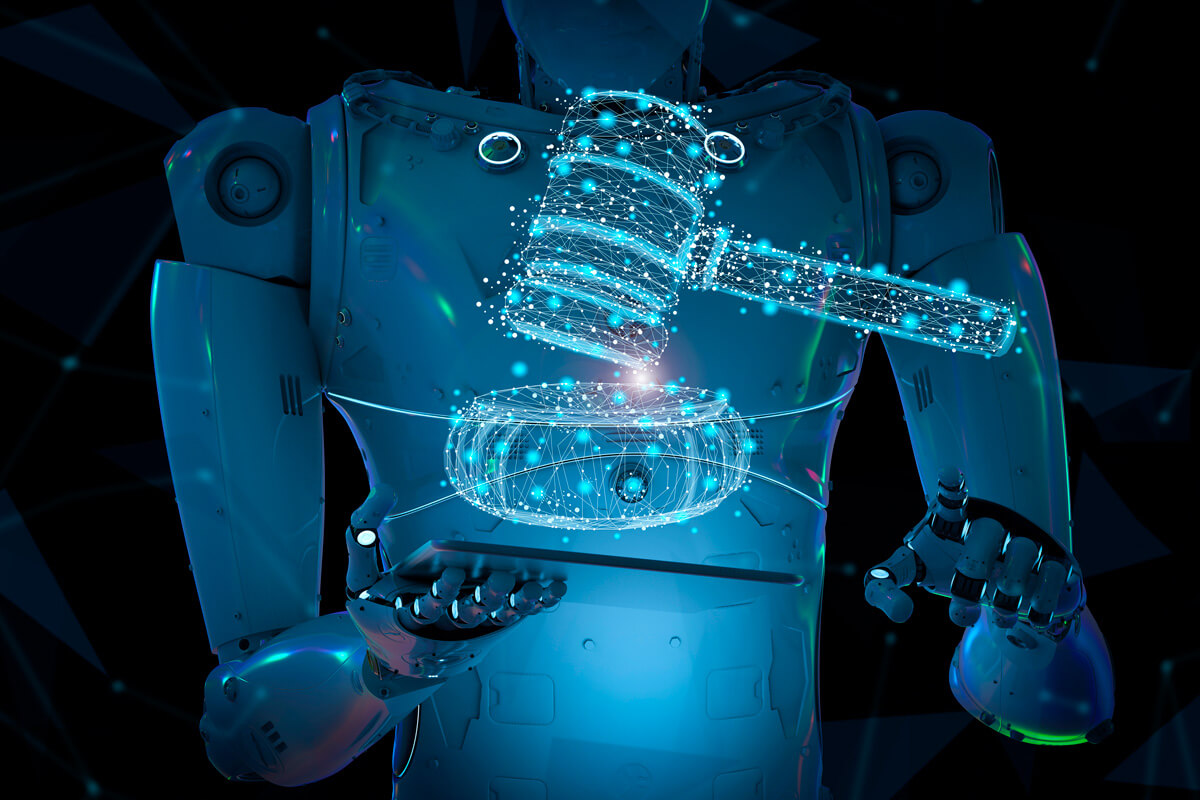Artificial Intelligence (AI) is reshaping the legal industry by improving efficiency, enhancing decision-making, and automating complex tasks. Real-world case studies demonstrate how AI is actively transforming legal practices, from contract analysis to predicting case outcomes.
Understanding these applications helps us explore both the potential and the challenges of integrating AI into the legal profession.
How Is AI Used in Law?
AI in law focuses on using machine learning, natural language processing, and predictive analytics to streamline legal processes, improve accuracy, and support lawyers in making data-driven decisions. These technologies can analyze large volumes of legal documents, predict risks, and even assist in courtroom proceedings.
Key Case Studies in AI and Law
Case Study 1: Contract Review Automation – Kira Systems
Challenge: Contract review is often time-consuming and prone to human error.
Solution: Kira Systems, a leading AI-powered contract analysis platform, was implemented by law firms like Freshfields Bruckhaus Deringer to automate the review of large volumes of contracts.
Impact: The firm reduced contract review time by up to 60%, improved accuracy, and allowed legal professionals to focus on higher-value tasks. This demonstrated AI’s ability to handle repetitive work without sacrificing quality.
Case Study 2: Legal Research Assistance – ROSS Intelligence
Challenge: Traditional legal research can be labor-intensive and slow.
Solution: ROSS Intelligence, built on IBM Watson, provided AI-driven legal research by understanding natural language questions and quickly retrieving relevant case law.
Impact: Law firms that used ROSS were able to cut down research time significantly. Though the company later ceased operations, it pioneered the use of AI in legal research, influencing how subsequent tools were developed.
Case Study 3: Predicting Case Outcomes – Lex Machina
Challenge: Lawyers needed better tools to assess litigation risks and predict outcomes.
Solution: Lex Machina developed an AI-based platform that uses data analytics to predict the likely behavior of judges, lawyers, and parties involved in litigation.
Impact: Firms used Lex Machina’s insights to craft more effective litigation strategies and assess case viability with data-backed predictions, improving client outcomes.
Case Study 4: AI-Powered E-Discovery – Relativity
Challenge: Large-scale legal cases involve massive amounts of digital evidence, making manual review impractical.
Solution: Relativity’s AI-powered platform was used to automate e-discovery, identifying relevant documents through advanced keyword searches, pattern recognition, and predictive coding.
Impact: The system significantly reduced the time and cost associated with document review in litigation and regulatory investigations.
Case Study 5: Chatbots for Legal Aid – DoNotPay
Challenge: Many individuals cannot afford legal representation for minor disputes.
Solution: DoNotPay, known as “the world’s first robot lawyer,” uses AI to help users contest parking tickets, apply for refunds, and handle small legal claims through a simple chatbot interface.
Impact: Millions of users have successfully resolved minor legal issues without hiring an attorney, increasing access to justice for underserved populations.
Conclusion
These case studies highlight how AI is already revolutionizing legal services—improving efficiency, reducing costs, and enhancing access to justice. However, as AI continues to evolve, the legal industry must carefully balance innovation with ethical considerations, privacy, and professional responsibility to ensure fair and equitable use.







Leave feedback about this